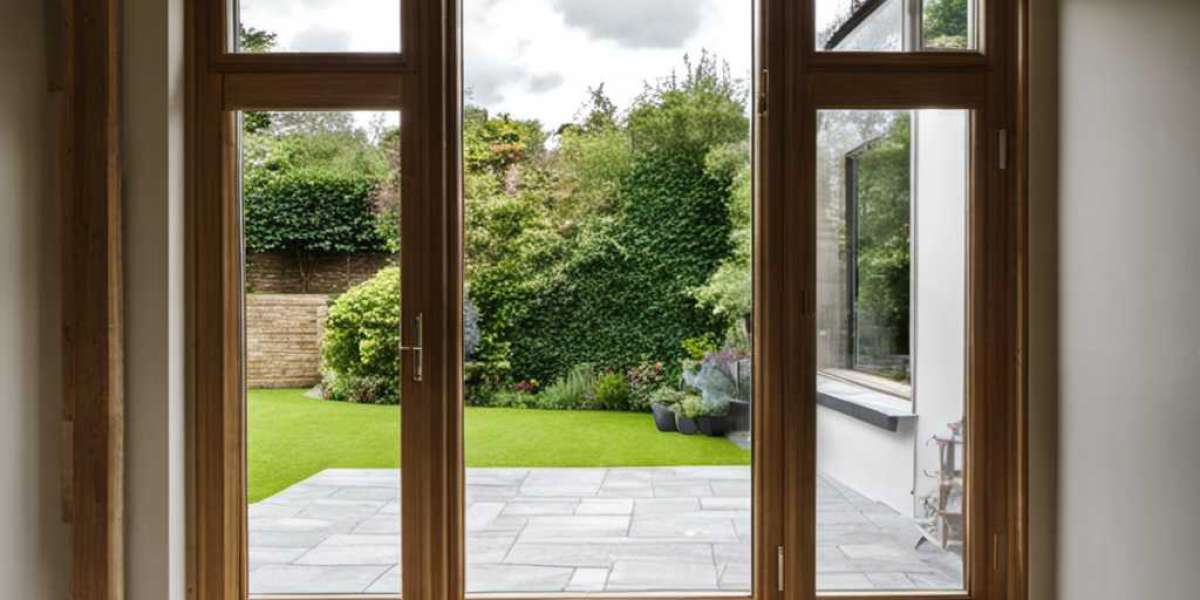Legal Considerations When Converting a House into Multiple Flats
Are you thinking about transforming your house into multiple flats to make the most of your property? Converting a house into flats can be a lucrative venture, but it comes with a myriad of legal considerations that you need to navigate. In this guide, we'll break down the key legal aspects you should be aware of before embarking on this exciting journey.
1. Planning Permission and Building Regulations
Planning Permission: Before you start converting your house, it's essential to check whether you need planning permission from your local authority. In some cases, converting a house into flats may fall under permitted development rights. However, these rights come with restrictions, such as the number of flats and their size.
Building Regulations: Complying with building regulations is a must when converting a house into flats. These regulations cover essential safety and structural requirements, including fire safety, insulation, and accessibility. It's advisable to work closely with an architect or a surveyor to ensure your conversion meets these standards.
2. Change of Use
Changing the use of your property from a single dwelling to multiple flats is a significant legal step. You'll typically need to apply for a "Change of Use" through your local planning authority. This process ensures that your conversion aligns with the local development plan and zoning regulations.
3. Fire Safety
Fire safety is a paramount concern when converting a house into flats. You must adhere to strict fire safety regulations. These may include installing fire-resistant doors, smoke alarms, and emergency lighting. Additionally, you might need to provide fire escape routes and compartmentalize the building to prevent the spread of fire.
4. Licensing and HMOs
If your conversion results in a house in multiple occupation (HMO), it may require a license from your local council. HMO regulations are complex and can vary by location. Make sure you understand the specific requirements in your area to avoid legal issues.
5. Leasehold vs. Freehold
When converting a house into flats, you'll need to decide whether to sell the flats as leasehold or freehold properties. The choice has significant legal implications:
Leasehold: In a leasehold arrangement, you retain ownership of the building, but each flat owner holds a lease for a specified number of years. You'll need to set up a management company to handle communal areas and services. Ensure that the lease agreements are well-drafted and compliant with the law.
Freehold: Selling the flats as freehold properties means transferring full ownership to each buyer. This option involves less ongoing management but requires careful legal documentation to define responsibilities for communal areas and services.
6. Party Wall Agreements
If your conversion work affects a shared wall with a neighboring property, you may need a party wall agreement. This legal document outlines the rights and responsibilities of both property owners and safeguards against disputes.
7. Energy Performance Certificates (EPCs)
You must obtain an EPC for each flat you create. EPCs assess the energy efficiency of a property and are required by law when selling or renting a property. They help potential buyers or tenants understand the property's energy costs and environmental impact.
8. Landlord Obligations
If you plan to rent out the flats, you'll become a landlord. As a landlord, you must adhere to numerous legal obligations, including:
- Gas Safety: Regular gas safety checks are mandatory.
- Electrical Safety: Ensure the electrical installations are safe and properly maintained.
- Tenancy Agreements: Draft comprehensive tenancy agreements that outline the terms and conditions.
- Deposit Protection: Safeguard tenants' deposits in a government-approved scheme.
- Right to Rent: Verify the immigration status of your tenants.
- Repairs and Maintenance: Address maintenance issues promptly and provide a habitable living space.
9. Tax Implications
Converting a house into flats can have tax implications. You may be subject to Capital Gains Tax when selling the flats. It's wise to consult a tax professional to understand the tax implications specific to your situation and explore potential tax relief options.
10. Insurance
Don't forget to update your insurance policy when converting a house into flats. Standard home insurance may not provide adequate coverage for multiple flats. Look into landlord insurance or property owner insurance to protect your investment.
11. Neighbors and Community
Consider the impact of your conversion on the local community and neighbors. Engage with your neighbors and address their concerns, if any, to maintain positive relations.
12. Legal Assistance
Converting a house into flats involves a maze of legal requirements and potential pitfalls. It's highly recommended to seek legal advice from a solicitor or property lawyer who specializes in property conversions. They can help you navigate the legal complexities and ensure you comply with all regulations.
Conclusion
Converting a house into flats in the UK can be a profitable venture, but it's not without its legal challenges. From planning permission to fire safety, change of use to tax implications, there's a lot to consider. While the process may seem daunting, with the right legal guidance and careful planning, you can successfully transform your property into multiple flats and enjoy the benefits of this investment opportunity.
Remember, staying informed about the legal aspects of property conversion is crucial to protect your investment and ensure a smooth and lawful transition. So, roll up your sleeves, get legal advice when needed, and embark on your journey to convert your house into multiple flats in the UK. Happy converting!







